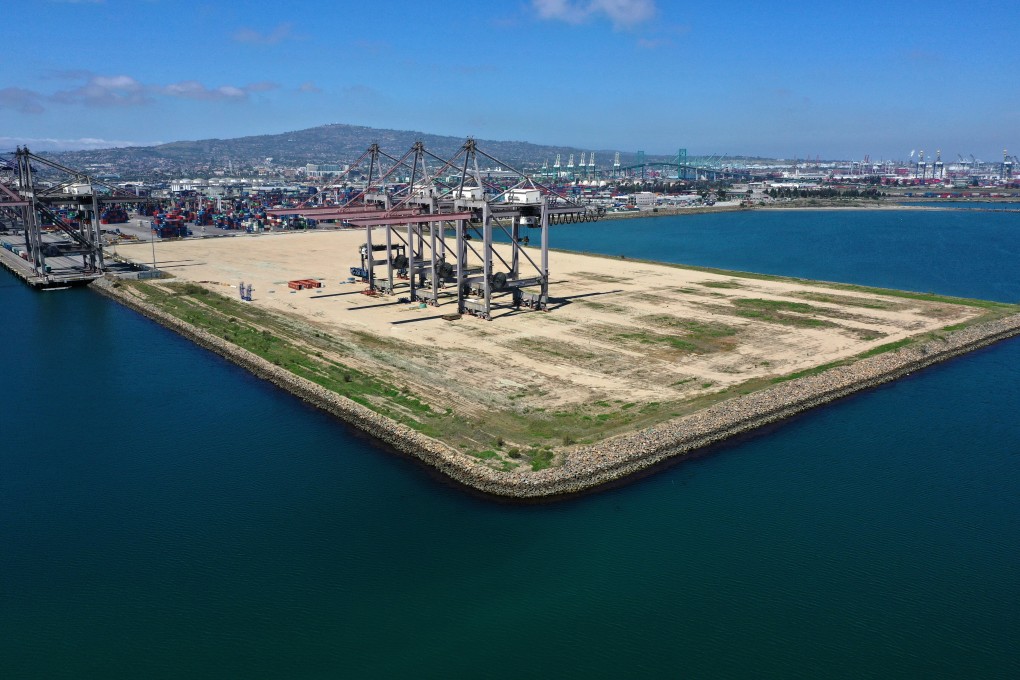Opinion | How the coronavirus is forcing the shipping industry to make cybersecurity a priority
- Ships plying the world’s oceans play a crucial role in overcoming supply chain bottlenecks stopping the flow of food and medical equipment
- The pandemic is pushing firms to innovate and find ways to remotely perform audits, inspections and other tasks typically done in person

However, the ships plying the world’s oceans play a crucial role in overcoming supply chain bottlenecks in food and medical equipment that have left billions of people in limbo. As we rebuild the architecture of global logistics, securing these essential carriers of humanity’s means of survival should be a top priority.
A quarantined labour force created human resource shortages in one of the most essential activities – moving necessary commodities and goods around the world. As such, the discrepancy between concerns about security for Zoom calls and inattention to maritime security standards is ironic.

05:22
Huawei founder on cybersecurity and maintaining key component supply chains under US sanctions
Global shipping has also been a focal point in efforts to combat rising protectionist measures such as tariffs and export restrictions on medical equipment and food. During this period, 20 major ports signed an agreement to keep maritime trade open, especially for these critical goods, helping alleviate shortages.


